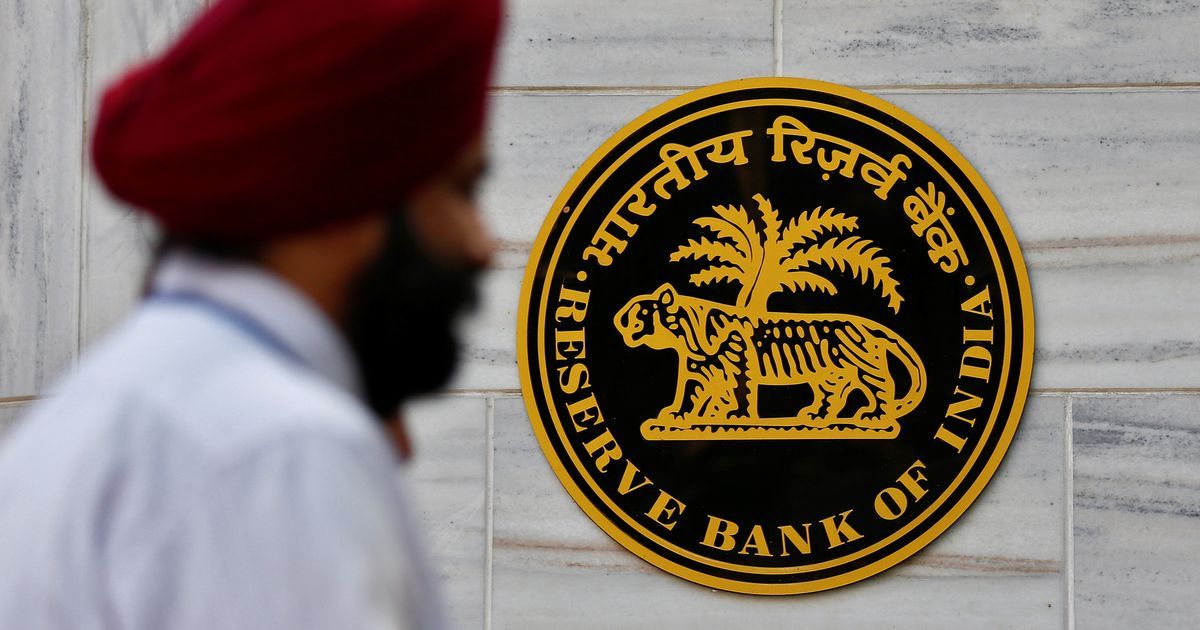The Reserve Bank of India’s note to the parliamentary committee on demonetisation confirms the worst suspicions about the policy. It was made on a political whim, keeping the central bank out of the loop. On November 7, the RBI was “advised” by the government to consider demonetising high-value currency notes and by November 8, the prime minister had made his famous late-evening announcement. It was done with minimal preparation – as of November 8, the stock of Rs 2,000 notes was barely 6% of the currency drawn out of circulation. It also blows away the fig leaf sported by the government so far, that the decision to demonetise flowed from the RBI and was therefore rooted in monetary wisdom.

In all this, the central bank comes across as an institution tragically flailing as tries to keep up with its political masters. That is, unfortunately, not an exaggeration because if demonetisation has revealed anything, it is that the autonomy of the central bank is all but gone. The government had already chipped away at it through structural changes last year, when the Centre decreed that all decisions would be taken by a monetary policy committee, which would include the governor, the deputy governor and three other members from outside the central bank. The governor did not have veto power and the deputy governor was chosen by a committee headed by the cabinet secretary. It led to fears about government interference and that decisions taken by the RBI would be shaped by political, rather than monetary, considerations.
The central bank, formed in 1935 as the custodian of the country’s monetary policy, had two main functions – maintaining the reserves and issuing bank notes. Demonetisation seems to have reduced the RBI to a mere printer of notes, with no real say in how much or when they should be issued. The bank’s discomfort with the policy has been apparent from the start, as it made frequent changes to cash withdrawal rules and exemptions. For weeks, as the country queued up outside banks and empty ATMs, RBI governor Urjit Patel maintained a stony silence. Even the monetary policy committee was forced to admit, a month into demonetisation, that it had hurt the economy, though the effects were probably temporary. For more than two months now, the central bank has been struggling to justify and plug the gaps in a policy it had no control over.
Meshing larger legislative or administrative concerns with the decisions of the RBI may not always be a bad idea; many have argued for the virtues of inflation targeting, for instance. But demonetisation is an example of how and when not to do it. Indeed, with the grim effects of the policy playing out in various sectors of the economy, it is probably the best argument for restoring the autonomy of the RBI.
